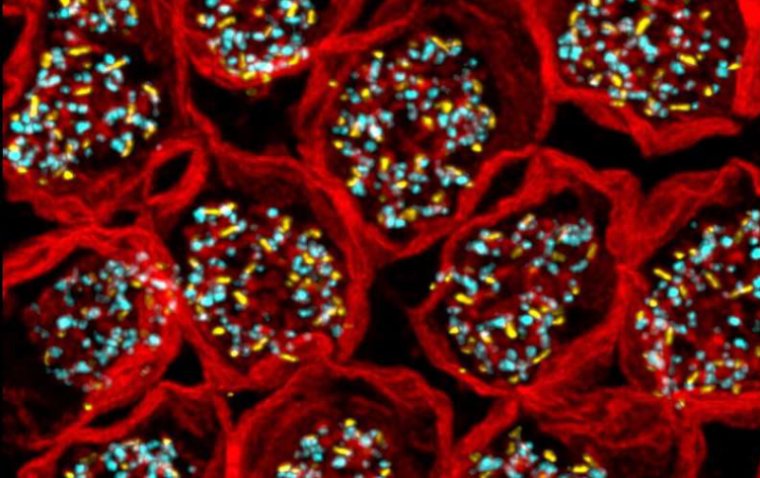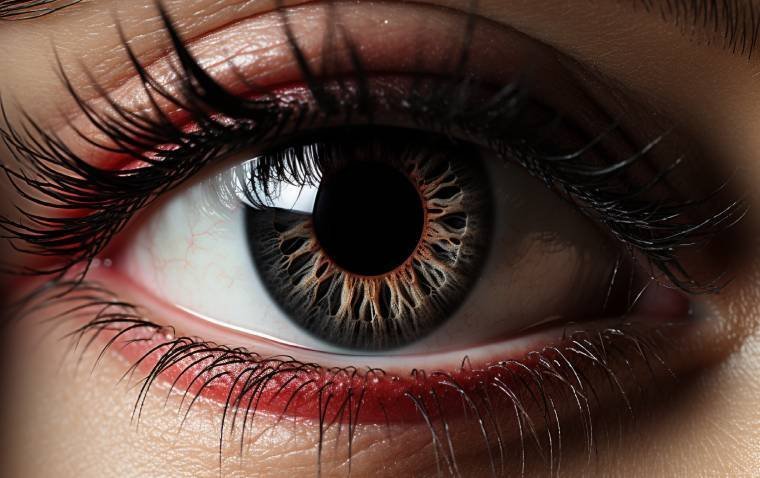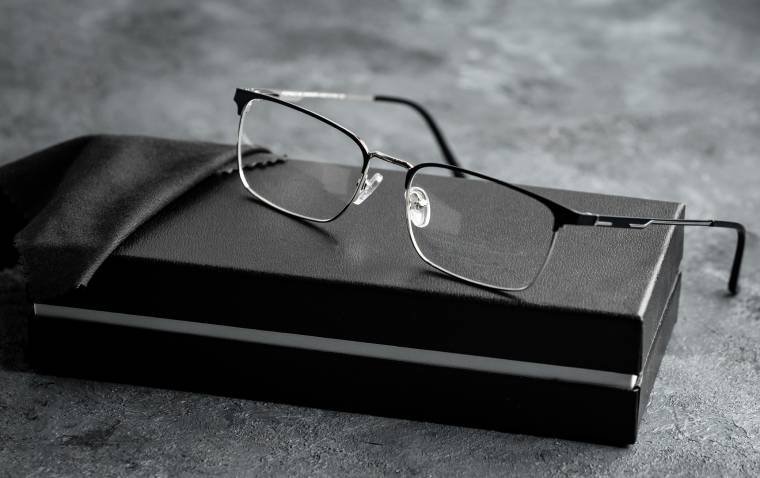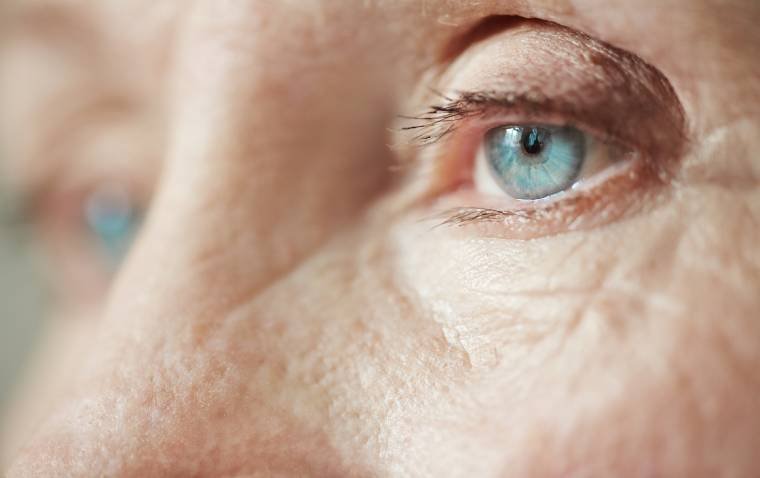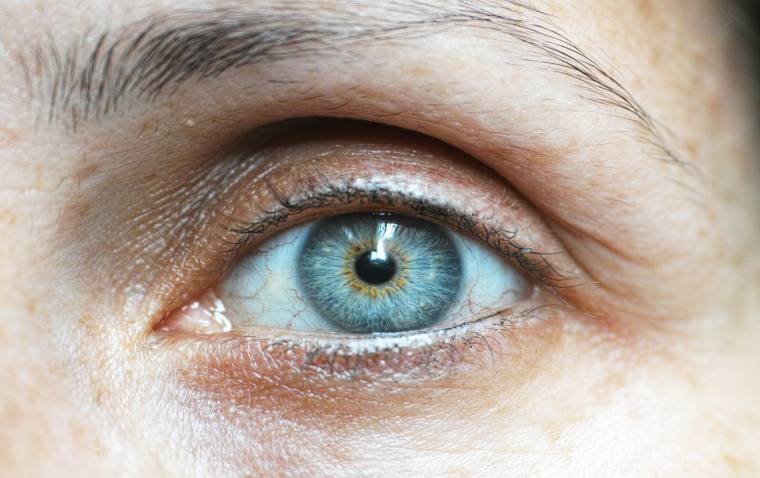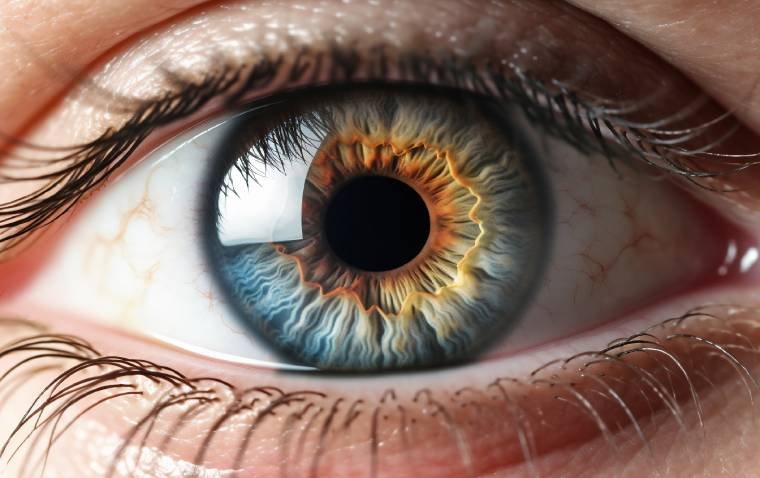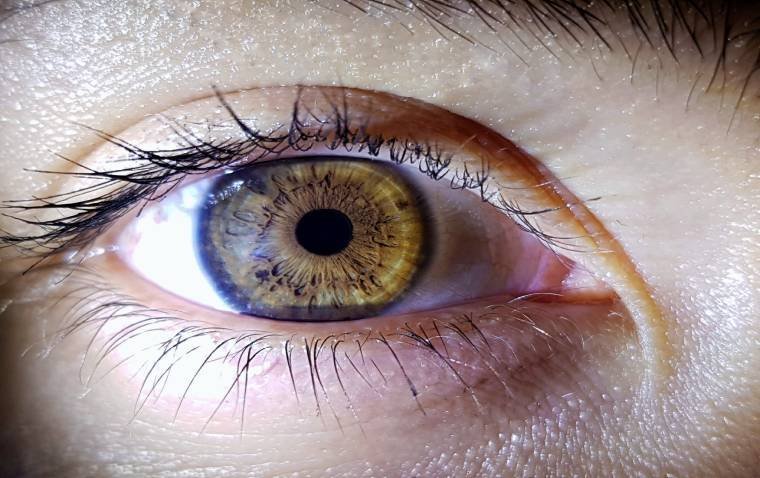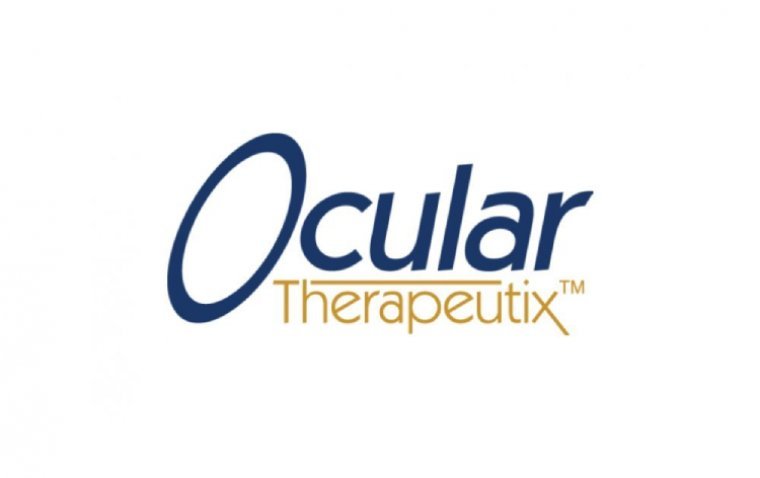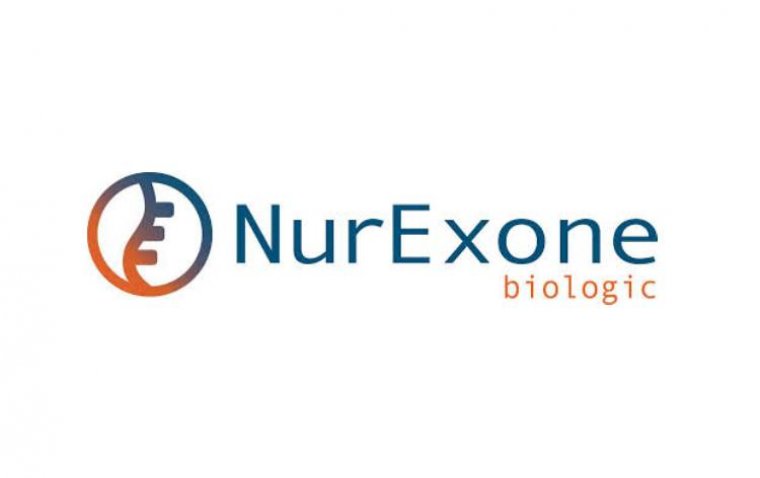
NurExone Launches Study on Exopten Therapy for Glaucoma Treatment
NurExone Biologic has initiated a preclinical study to investigate the potential of its exosome-based therapy, Exopten, in the regeneration of damaged optic nerves, the company announced. This endeavor marks NurExone Biologic's latest effort to broaden the clinical applications of its exosome-loaded drugs.
Led by Renowned Ophthalmologists
Professor Michael Belkin, MD, of Tel Aviv University's Goldschleger Eye Research Institute in Tel Aviv, Israel, led the study, which was conducted under the leadership of principal investigators Professor Ygal Rotenstreich, MD, and Ifat Sher, PhD, at the Sheba Medical Center Eye Institute, also in Tel Aviv.
"We are excited to perform preclinical studies on optical nerve regeneration at the Sheba Medical Center Eye Institute," stated Prof. Belkin in a press release issued by NurExone. "If this experimental direction is successful, I believe we may be able to translate the success quickly to clinical practice. Our ultimate goal is to restore and improve the quality of life for individuals affected by optic nerve diseases and injuries."
A Paradigm Shift in Optic Nerve Regeneration
The initiative comes against the backdrop of limited treatment options for damaged optic nerves, which currently focus predominantly on preventing further deterioration rather than repairing the damaged tissue.
Drawing on insights from NurExone's trials involving spinal cord treatments, the company suggests that exosome-loaded drugs may offer a paradigm shift with their potential regenerative properties for damaged nerves.
Future Directions
NurExone Biologic continues to explore avenues for enhancing the therapeutic landscape in ophthalmology through innovative biotechnological approaches.
The company did not disclose specific timelines for the completion of the preclinical study or potential subsequent clinical trials.
Reference:
(1).jpg)
